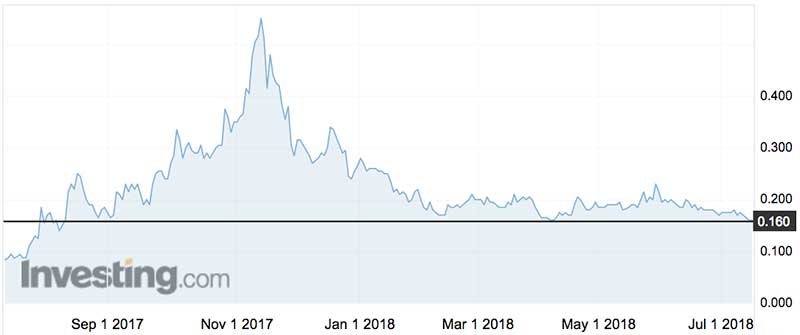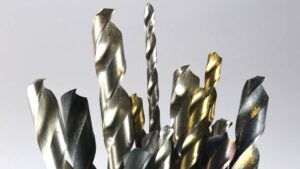Artemis will soon become the first Pilbara gold explorer to start bulk sampling

Artemis Resources is set to become the first Pilbara explorer to process bulk samples of nuggetty gold after winning the first of three approvals needed to upgrade its local Radio Hill plant.
Once operational, the new three-stage “circuit” system will crush ore at the rate of 100 tonnes per hour.
The crushed ore will be fed directly into the circuit which can recover coarse conglomerate-style gold nuggets and fine free gold.
Conglomerate gold refers to nuggets hosted in rock containing rounded gray quartz pebbles and other minerals. The world’s most productive gold region, South Africa’s Witwatersrand Basin, is famous for its similar geological formation.
Artemis and Canadian partner Novo Resources kicked off a mini gold nugget rush in the Pilbara a year ago after a legendary announcement regarding a gold nugget find at their Purdy’s Reward site south of Karratha, WA.
Since then most of the Pilbara gold stocks have cooled, however, as the explorers work on economically viable extraction strategies.
At the moment, Artemis may be closest to figuring that out.
“The installation of this new gold circuit into the existing 0.5 [million-tonne-per-annum] Radio Hill concentrator is the first stage of our strategic plan at Radio Hill and importantly provides Artemis the ability to bulk sample the gold targets that it has within its regional land holdings,” chief Wayne Bramwell told investors.
The news pushed shares up over 3 per cent this morning to 16.5c.
Executive director Ed Mead told Stockhead Artemis (ASX:ARV) expects to receive the other two approvals “imminently” — though that depends on the State government’s approvals process – which has blown out since the downturn due to cutbacks.
“We’re hoping that we get them imminently and then the construction phase for the installation of the [circuit] is not very long, we’re talking probably circa a month,” he said.

The full capital and installation cost of the circuit and gold room equipment remains on budget at about $3 million.
This will not only be the first time conglomerate-gold will be processed in the Pilbara, but it’s the first time the West Pilbara will have an operational gold plant.
The nearest plant is about 40km away.
“There’s never been a gold processing plant in this area,” Mr Mead said.
- Subscribe to our daily newsletter
- Bookmark this link for small cap news
- Join our small cap Facebook group
- Follow us on Facebook or Twitter
“It’s got the potential to change the dynamics of companies looking for resource definition of gold.
“Because previously if you were going to try and drill up a gold deposit you need to look for something that can support the capex of a large gold processing plant. This will be the first time the West Pilbara has had the ability to do it.”
UNLOCK INSIGHTS
Discover the untold stories of emerging ASX stocks.
Daily news and expert analysis, it's free to subscribe.
By proceeding, you confirm you understand that we handle personal information in accordance with our Privacy Policy.








